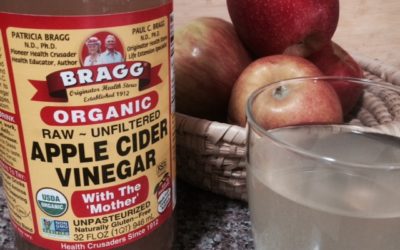Are you an athlete or dedicated workout queen or king? Wanna learn a bit more about how to optimize your performance through proper hydration? This article is for you.
Consuming fluid before exercise is very important to ensure that athletes, recreational or competitive, begin training sessions and competitive events hydrated and fueled to perform at their best. Athletes who avoid fluids intentionally or unintentionally before training or competition are likely to fatigue more quickly, complain of being dizzy or faint and have a faster rise in core body temperature and heart rates. Needless to say, they perform sub-optimally. Conversely, too much fluid prior to exercise can lead to disruptive urination and hyponatremia, a condition where the level of sodium in the blood is too low.
Generous, but not excessive, fluid intake should be a priority starting about 24 hours before the onset of exercise. Additionally, intake of fluids 1-2 hours prior to exercise can enhance thermoregulation (your body’s ability to regulate it’s temperature) and lower heart rate during exercise.
The following hydration schedule has been recommended by The American College of Sports Medicine (ACSM), the NATA, and the Academy of Nutrition and Dietetics (AND):
- At least 4 hours prior to exercise: Slowly drink about 12-20 oz of water. More specifically, 5-7 milliliters per kilogrram of body weight (mL/kg). For someone who weighs about 150 pounds, this would translate to 340-475 milliliters or 12-16 oz.
- If urine is dark and highly concentrate or absent, slowly drink more fluid (8-16 oz) about 2 hours before exercise.
- Drink 7-10 oz in the 10-20 minutes prior to exercise.
You can choose from a variety of fluids in the hours leading up to a training session or competition including water, juice, milk, coffee, tea and sports drinks. Each of these options has benefits and drawbacks so it’s important for the athlete to experiment with what works best for him or her. For example, an athlete with ready availability to wholesome food might rely more on water to stay hydrated, whereas an athlete unable to access food might opt for a sports drink or fruit juice to help meet energy needs prior to competition. Some juices may not be tolerated within the few hours before onset of exercise, so it’s advantageous to experiment before an important event.
An athlete can drink a variety of different fluids in the day and hours leading up to exercise. However, it’s important to experiment with different drink options during training season to determine what will be best tolerated during a competition.
Coffee and tea should be minimized due to their diuretic effect and sodas are not appropriate because of their low nutrient density and high presence of refined sugars.
Part II and Part III of this series focus on fluid need during and after exercise so click on the links to learn more!
Got questions?! Please ask them in the comments section below.
References:
- Fink, H.H., & Mikesky, A.E. (2015). Practical Applications in Sports Nutrition, Burlington, MA: Jones & Bartlett Learning.

